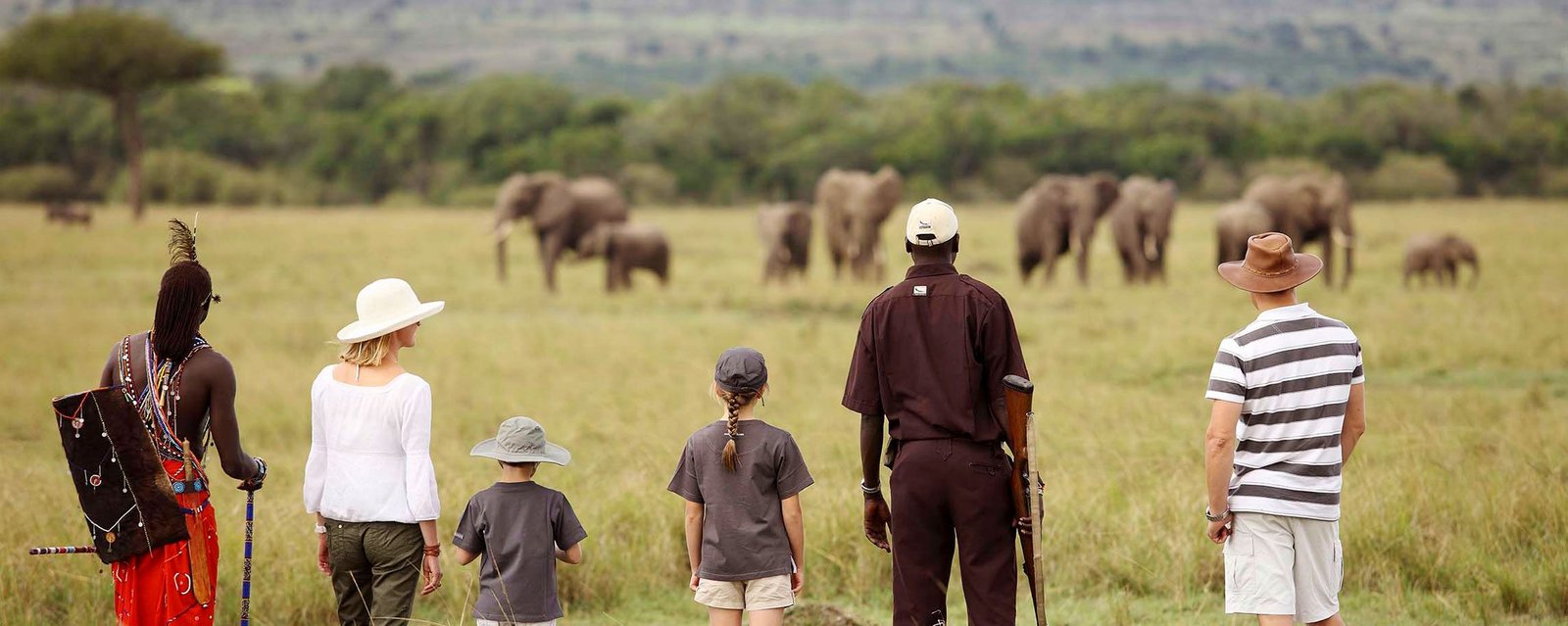Before you set off on your exciting journey to Zimbabwe, it’s essential to equip yourself with comprehensive and up-to-date travel advice from experts in the field. This will help ensure that your trip is not only smooth but also filled with unforgettable experiences. Research the best times to visit, understand the cultural norms, and familiarize yourself with essential safety tips. Additionally, look into visa requirements, recommended vaccinations, and the highlights of the local attractions. By preparing thoroughly, you can maximize your enjoyment and navigate any challenges that may arise during your adventure.
Money & Spending
Since the Zimbabwe Dollar’s collapse, the US Dollar is the primary currency in use. Cash is essential—ATMs and banks are unreliable for cash withdrawals. Traveler’s cheques and cards are rarely accepted and often come with high fees, so plan accordingly.
Tipping
Carry small-denomination notes, as change is scarce. Tipping for good service is customary, especially for lodge staff and guides. However, confirm that a service charge hasn’t already been added to your bill.
About Zimbabwe
History & Economy
The iconic ruins of Great Zimbabwe, from which the country takes its name, are a testament to a rich history of trade and empire. Originally inhabited by the Khoisan people, who left behind fascinating rock art, the land saw waves of settlers.
The Shona tribe, ancestors of Great Zimbabwe’s builders, arrived in the 9th century. In the 19th century, the Ndebele people settled here after fleeing South Africa’s Zulu kingdom. Colonized by Britain and known as Rhodesia for much of the 20th century, Zimbabwe achieved independence in 1980 after a long liberation war.
Today, the country boasts solid infrastructure, a skilled population, and natural riches. Its economy thrives on agriculture (notably tobacco), minerals like platinum and diamonds, and a burgeoning tourism industry.
People & Culture
About 70% of Zimbabwe’s 12 million people speak Shona, while 20% are Ndebele speakers. English is the official language and widely spoken. Despite recent challenges, Zimbabweans are known for their friendliness and optimism.
A deeply religious nation, 85% identify as Christian, with nearly two-thirds attending church regularly. Zimbabwe is also a hub of artistic talent, celebrated globally for its sculptors, particularly those who work with soapstone, serpentine, and verdite.
Landscape & Wildlife
Zimbabwe’s terrain is dominated by rolling savannah, open woodlands, and farmland, with a mountainous, forested eastern border. The Zambezi River and Lake Kariba define the north, home to the majestic Victoria Falls.
The country’s diverse habitats support rich wildlife, with a proud history of conservation. Hwange National Park is renowned for its Big 5 and massive elephant herds, while Mana Pools and Matusadona National Parks offer incredible game-viewing experiences.
Wildlife Highlights:
- Bird watching and game drives at Victoria Falls and along the Zambezi River.
- Predator sightings and dry-season safaris at Hwange.
- Canoeing and walking safaris at Mana Pools.
- Untouched wilderness at Malilangwe Wildlife Reserve and Gonarezhou National Park.
Climate
- Summer (Nov–Apr): 17°C to 31°C, with rainfall.
- Winter (May–Oct): 7°C to 29°C, dry and cooler.
For detailed advice on the best times to visit Zimbabwe, consult our climate charts and recommendations for game viewing.
What to Pack
Pack casual, comfortable clothing suited to Zimbabwe’s warm climate. For safaris, bring neutral, lightweight clothing (avoid white—it gets dirty quickly), a warm jacket for evening drives, and sturdy walking shoes. For a full checklist, visit our Africa Safari Guide.
Flights & Transport
Harare International Airport serves as a gateway, typically via Johannesburg, while Victoria Falls International Airport connects to Hwange, the Zambezi Valley, and nearby destinations in Botswana. Local travel options include road transfers, open-sided 4×4 vehicles for game drives, and light aircraft for remote locations.
Visas & Passports
Most visitors require a visa, obtainable at entry points. Travelers from countries such as the USA, UK, Canada, Australia, EU nations, Israel, and Japan can get a visa upon arrival for a fee. However, some nationalities must apply in advance—check specific requirements before your trip.
For tailored tips and advice, reach out to our Africa Safari Experts—we’re here to make your Zimbabwe journey extraordinary!


